Bees on guard - tiny insects protect african elephants
Are you fascinated by bees? Do you love elephants? The Kasiisi Project Citizen Science project "Bees on Guard" contributes to the conservation of both these species around Kibale National Park, Uganda in partnership with local beekeeping co-operatives, the Busiriba Beekeeping and Conservation Association and Conservation to Coexist. Elephants are magnificent and fascinating, but also enormously destructive, bringing them into frequent conflict with their human neighbors. When faced with the destruction of an entire maize crop, subsistence farmers, struggling to make ends meet, are not supporters of elephant conservation. This is where bees come in. African honey bees, tiny as they are, have ferocious stings and elephants avoid them. When farmers string beehives along wires, forming "Bee Fences" to defend their fields, elephants look elsewhere for food. But in order to deter elephants bee colonies need to be strong and healthy, a challenge during the wet season. Active apiaries require regular maintenance and dealing with bees fierce enough to drive off elephants requires the right equipment, with costs beyond the reach of these beekeepers. This is where you can help. You will be in great company. National Geographic, Akron Zoo and Oklahoma City Zoo have all assisted us in getting this program off the ground, but now we need to reach more farmers. We are running a GoFundMe campaign to raise the money needed to train and equip 15 more beekeeper associations so that their apiaries support healthy bee colonies, produce honey to supplement family incomes, and are active enough to save the lives of elephants.
If you wish to make your donation a gift we can help there too. Just e-mail us at elizabethaross@me.com and we can send your recipient a card.
26 Comments
By the time that schools open again in January 2022, Ugandan children will have missed almost 2 years of class time due to the Covid pandemic. Students from more affluent families have had access to online learning, something not an option for impoverished rural families. Loss of education is detrimental for all children but those from marginalized societies like ours suffer most, with girls being the most impacted. Falling family incomes have forced children into the informal job market in large numbers, setting back attempts to end child labor by 20 years. Most will never return to school, and early marriage and teen pregnancy rates have ballooned. More than a third (35%) of our children polled said they were not interested in learning or had dropped out of school permanently.
Aware of this crisis and determined to to help keep families motivated about the benefits of education, as well as reducing students anxiety about returning to school, the Kasiisi Project and its Ugandan partner, The Kibale Forest Schools' Program, have undertaken to bring school work to children in their villages. Thanks to a monumental effort by our staff, for 4 months, during heavy rains, 2,500 children in Grades 3-5 have received educational packs of pencils, crayons and paper and biweekly packets of school work produced by the Ugandan Government. Every month we print, collate, and bind 110,000 work sheets and distribute them using motorbike taxis, community leaders and village health teams to 2,500 children in 130 villages. Every 2 weeks, work is collected, marked and returned to the students. Weekly story time on the local radio makes literature and comprehension available to another 20,000 children, and environmental workbooks, art and storytelling competitions and family history projects keep our conservation and health goals in everyone's minds. We hope that by January there will be no need for such an enormous undertaking but we will still be there to provide the support that the schools need as they begin the huge job of getting their students back on track. We join with Ugandan parents, teachers and local government to express our enormous gratitude to the generous donors who made this critical but very expensive initiative possible. If you are interested in supporting the initiative or any of our other programs you can do so through the donate page. |
�
Categories
All
Archives
February 2024
|
Home
|
About Us
|
Legal
|
© THE KASIISI PROJECT. ALL RIGHTS RESERVED.
The Kasiisi Project is a registered 501(c)(3) nonprofit organization. Contributions to the Kasiisi Project are tax deductible to the extent permitted by law. The Kasiisi Project's tax identification number is 54-2195079. |

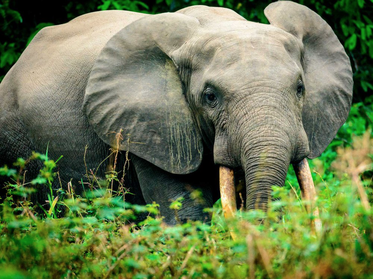
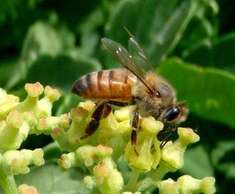

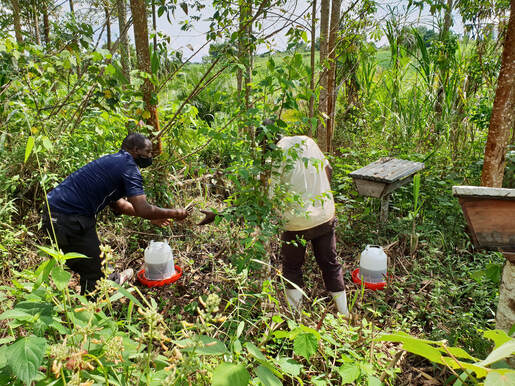
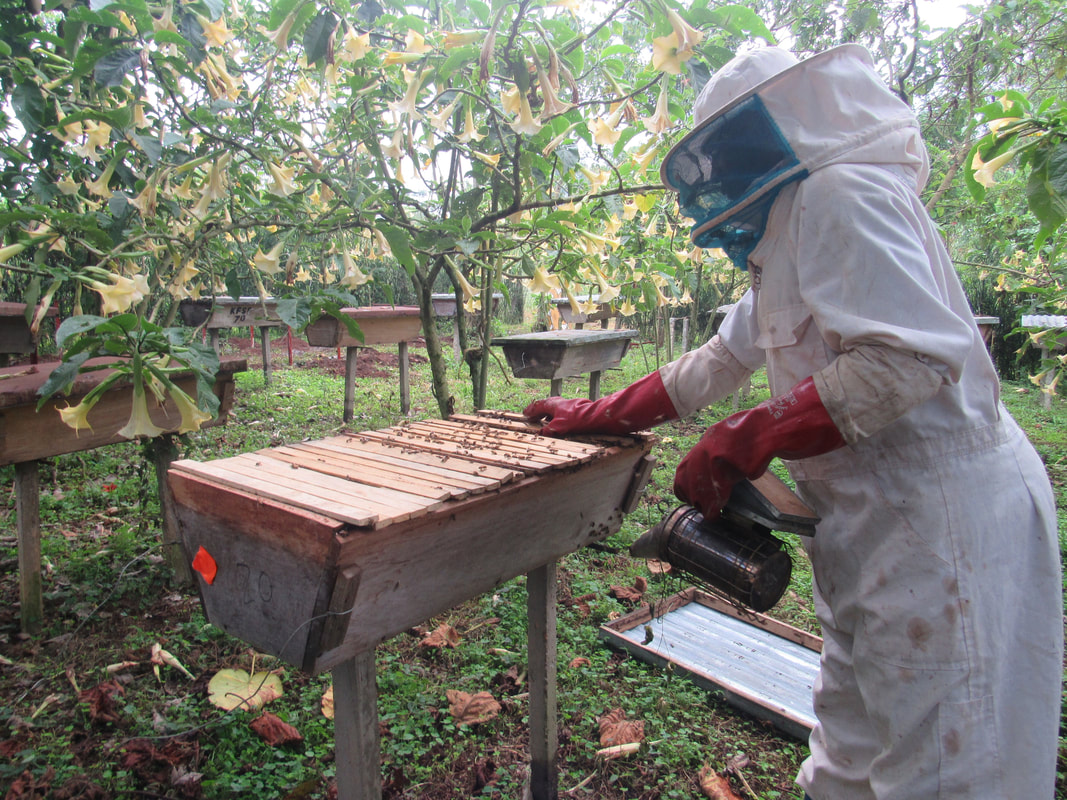
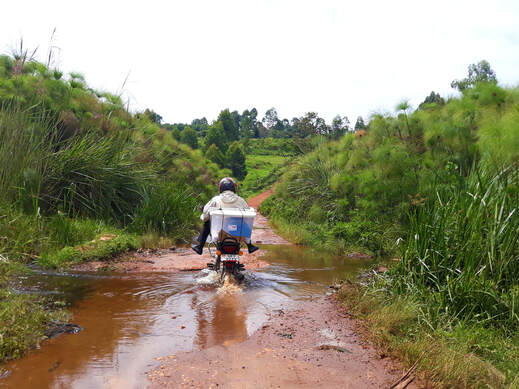
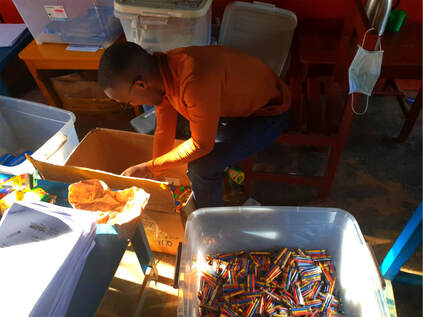
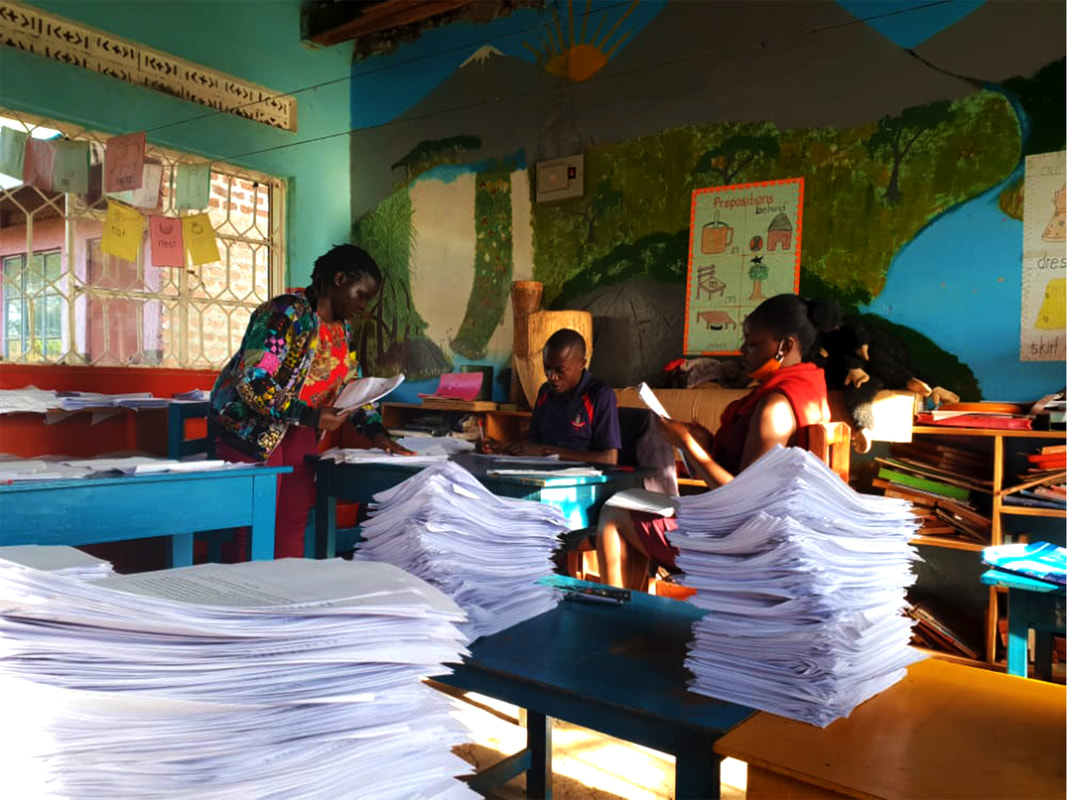
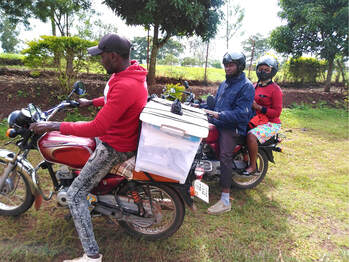
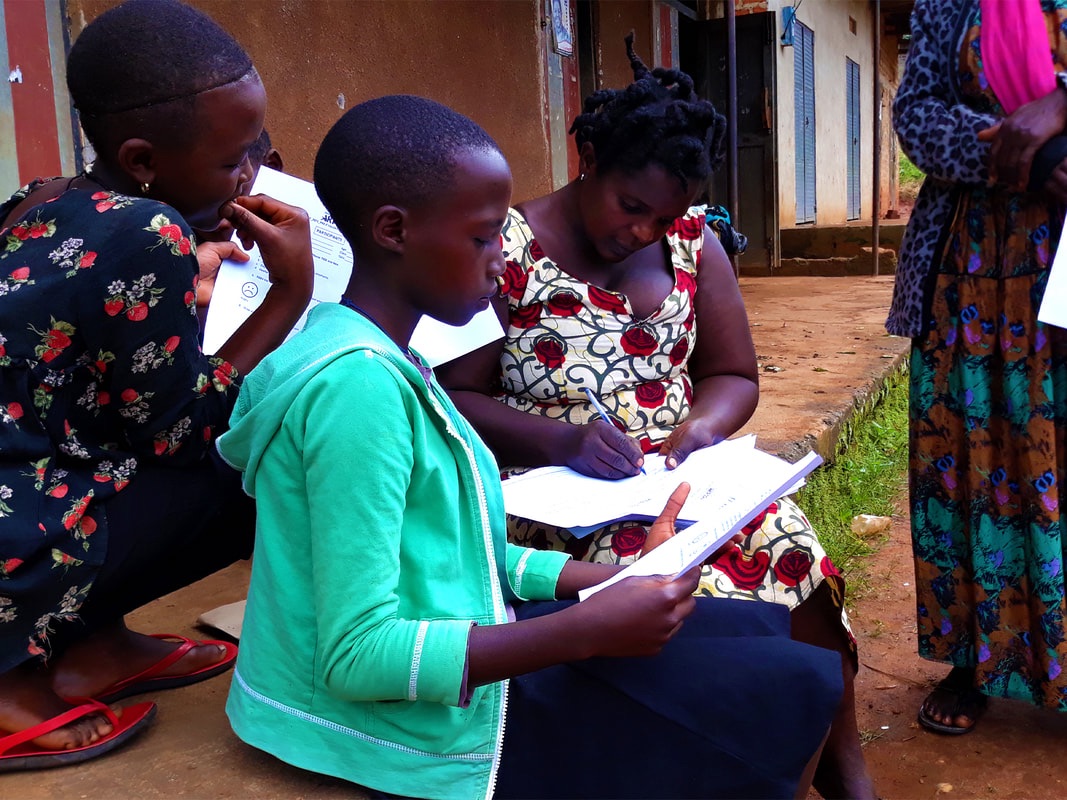
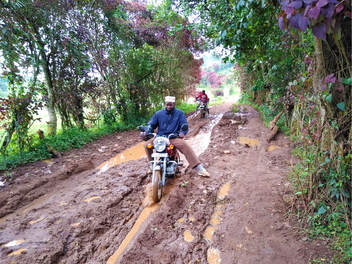
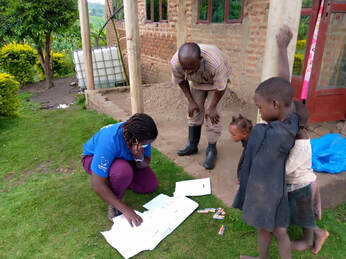
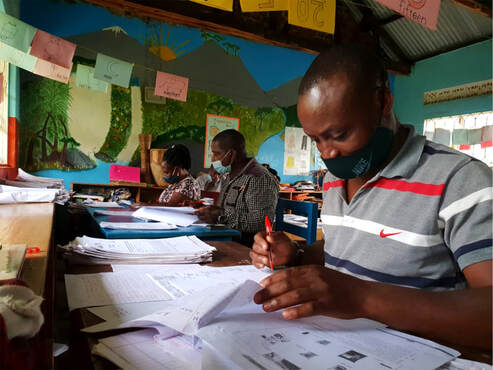
 RSS Feed
RSS Feed


